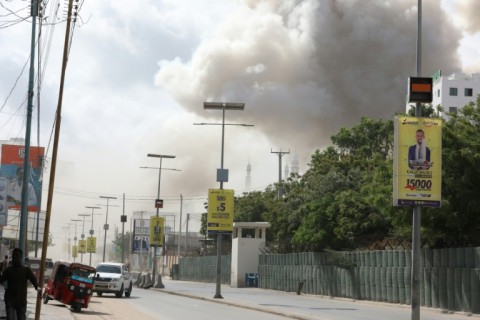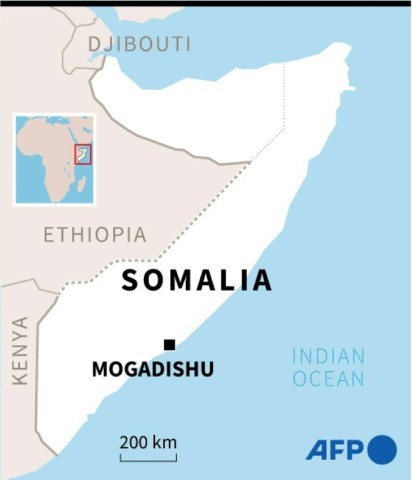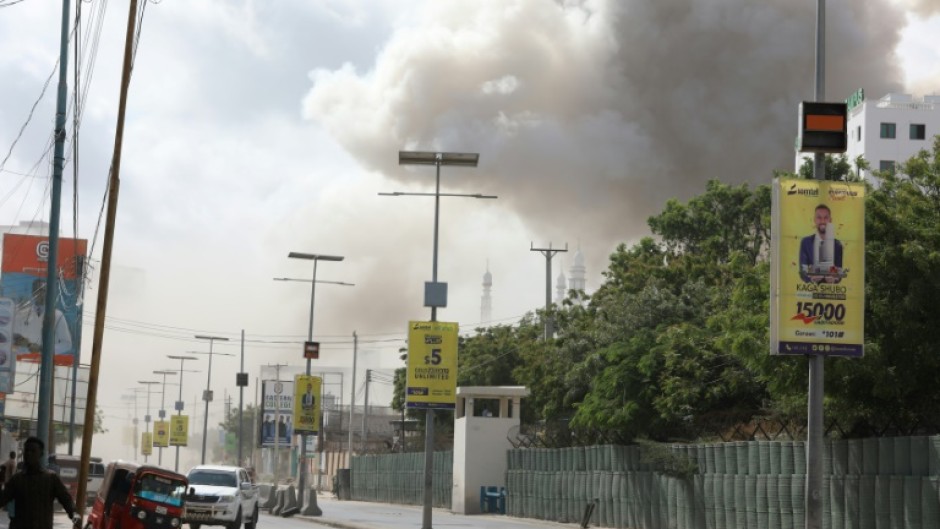
UNITED NATIONS - UN chief Antonio Guterres said Wednesday that 2022 was the deadliest year for civilians in Somalia since 2017, largely because of an increase in mass-casualty attacks by the Al-Shabaab jihadist group.
The troubled Horn of Africa nation -- also confronting a calamitous drought -- has witnessed a surge in attacks as government forces and allied militias wage an "all-out" war against the Al-Qaeda-linked militants.
"The continued attacks by Al-Shabaab, which have resulted in human rights violations, conflict-related sexual violence and a sharp increase in civilian casualties, are alarming," Guterres said in a report to the UN Security Council.
During the period under review from late August 2022 to early February, he said the UN mission in Somalia had recorded a 153-percent jump in civilian casualties to 1,059, including 382 deaths, most of them blamed on Al-Shabaab.
"The increase in casualties makes 2022 the deadliest year for civilians in Somalia since 2017," Guterres said.
In recent months, the Somali army and local clan militias have retaken chunks of territory from Al-Shabaab in an operation backed by US air strikes and an African Union force.
But the group, which has been waging a deadly insurgency against the fragile central government for about 15 years, still controls parts of the countryside and continues to carry out numerous retaliatory strikes.
In the deadliest attack since the government offensive was launched last year, 121 people were killed in two car bomb blasts at the education ministry in Mogadishu in October.
But Guterres also urged the Somali authorities to ensure that its "counter-terrorism" measures do not infringe on freedom of expression and said he was "deeply concerned" about arbitrary arrests of journalists and media workers.

He said ongoing conflict and insecurity had driven more than 600,000 people from their homes last year and "continue to be major impediments to humanitarian operations".
Another 1.3 million, 80 percent of them women and children, have been internally displaced in Somalia by the drought sweeping the Horn of Africa.
While famine thresholds have not been reached, Guterres said, 8.3 million people -- more than half Somalia's population -- will need humanitarian assistance this year.
After five consecutive poor rainy seasons, the ongoing drought has already become the longest and most severe in Somalia's recent history.
Guterres said the cumulative levels of excess mortality could be as high as the last famine in Somalia in 2011 when 260,000 people -- half of them children under the age of six -- died of hunger.
txw/ho/ri

